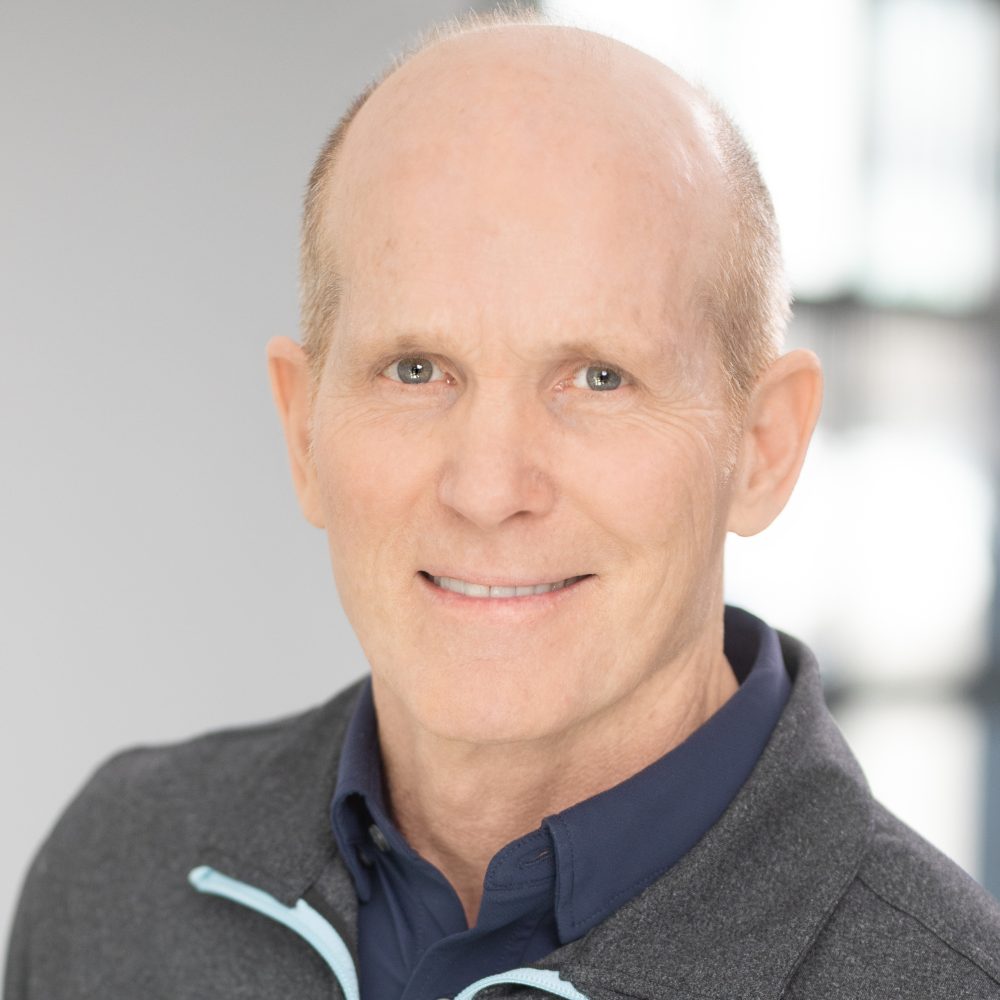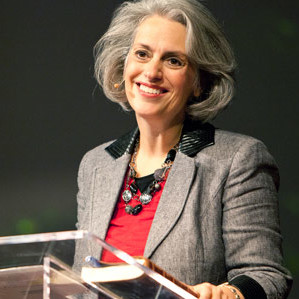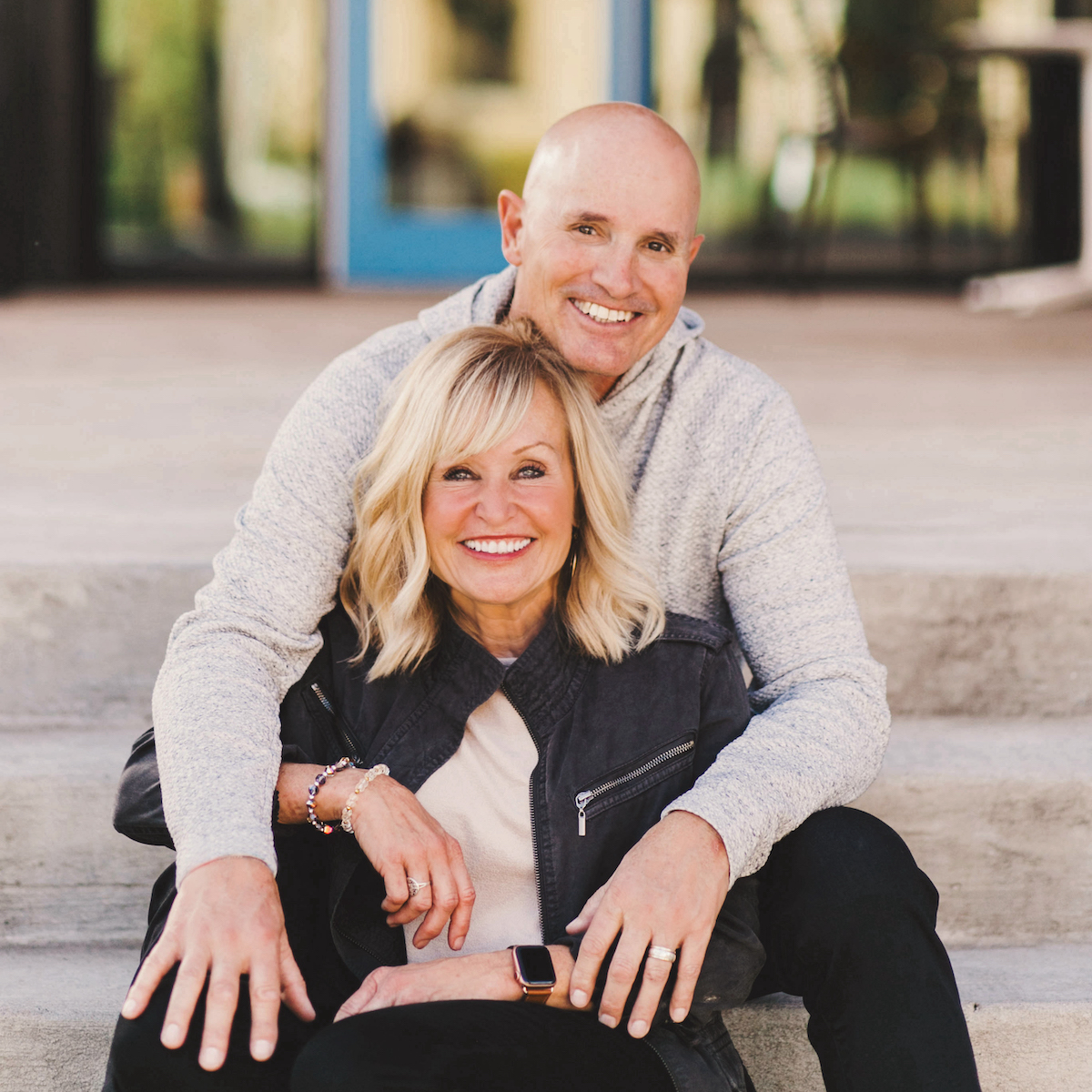On my trip to the Holy Land recently, I saw many sights. Some beautiful – some sad. For me, the Negev desert, where Jesus spent 40 days in fasting and prayer, defines desolation like no other. When our tour guide asked what we thought would be the most common cause of death in the desert, we agreed that dehydration seemed likely. Boy, were we surprised to learn that drowning is the leading cause of death. When much needed rains come, torrents pour from the rocks forming an avalanche of water that carries boulders, hikers and entire camps down the mountainside, drowning them in a flash flood.
Drowning in the desert is such a paradox. Yet somehow I can relate as I’m flooded with communication from TV, the internet, radio and smartphones with email, texting and constant torrents of social media.
Yet with all these ways to stay connected, we Americans have never been lonelier and more isolated, as measured by the antidepressants we consume.[1] We’re parched, needing to be heard, just like the desert needs rain.
Regardless of age, lonely people are at greater risk for premature death.[2] A recent survey of 20,000 U.S. adults by Cigna reports that nearly half of us suffer from loneliness.[3] While I’m grateful for all the channels of communication to connect people, torrents of communication that replace social interaction are destructive. As the builders of antiquity learned, the key was to channel and direct the rain for productive rather than destructive purposes. Aqueducts allowed arid deserts to become flourishing cities.
More than eleven hours a day is dedicated to consuming information.[4] What would our homes be like if TV and social media was a treat rather than the norm allowing for more meaningful face-to-face interactions? Can you discuss what might be acceptable with loved ones and choose a starting point? After all, too much of a good thing, like rain, can rob us of time.
Talking about rain brings me full circle back to the Negev desert and to the shepherd Bedouins who live there in shanties and are known for their unwavering hospitality. While they’d never ask someone to leave, if a Bedouin gives you a full cup of water, it’s their way to kindly tell you it’s time you leave. If they hand you a half cup of water, it’s your invitation to stay.
This seems to be a paradox, like drowning in the desert! In America a full glass is better than a half glass. But from the Bedouin perspective, a full glass communicates that their home is full with no room for you. Conversely, a half glass communicates they have room for you.
Today, might you think differently about the glass which represents your life knowing that free space may allow you to have more time for those you love most? Perhaps having a glass half full is a good thing after all!
[1] “Astounding Increase in Antidepressant Use by Americans” Wehrwein, Peter. Harvard Health Publishing Harvard Medical School. (Accessed March 8, 2019)
[2] American Psychological Association “So Lonely I Could Die: from AARP Loneliness Study” APA.org (Accessed March 3, 2019
[3] Pirani, Fiza. “Why are Americans so Lonely? Massive Study Finds Nearly Half of US Feels Alone, Young Adults Most Of All” AJC.com (Accessed March 3, 2019)
[4] “2018 Nielsen Total Audience Report”, Nielson.com (Accessed March 3, 2019)






